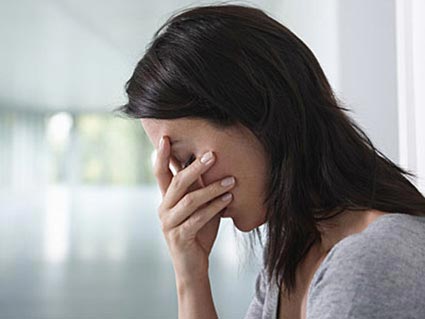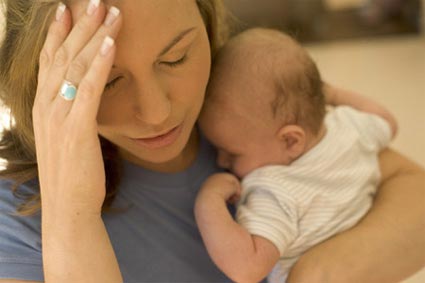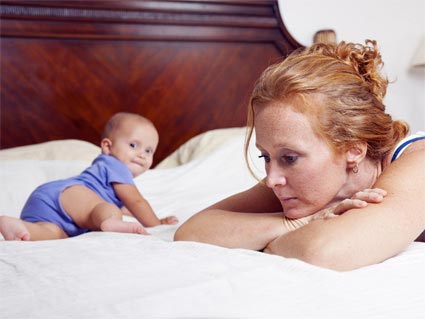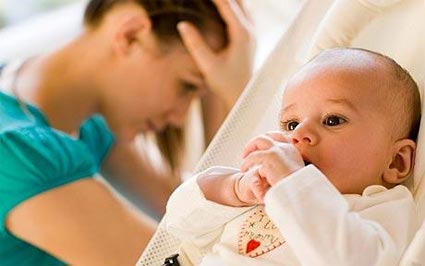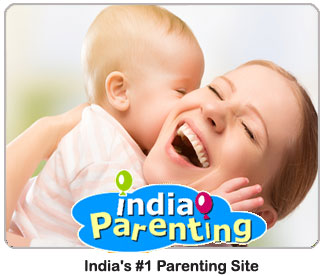Post delivery depression is common in new mothers. Multiple factors are responsible for post delivery depression. Read on to know about the common causes of post delivery depression in new mothers. Post delivery or post delivery depression is not just a psychological problem. There are biological as well as environmental factors which cause post delivery depression. It is induced and is developed through a combination of factors like biological, psychological and social. This is why it is termed as bio-psychosocial ailment. Although, this is said to be natural for over 25% of women when they become mothers, it has been found that there are several common factors that cause depression. In this articleThe Clinical CauseThe Psychosocial CausesSocial or Cultural CausesThe Clinical Cause One can refer to the advanced brain imaging method used by the researchers at the Centre for addiction and mental health. It has been found that in otherwise healthy women soon after delivery show the surge of a brain protein Monoamine oxidase A (MAO-A). The MAO-A levels were recorded to be 43% higher in 4-6 days following delivery and the highest on the 5th, which coincided with the condition of post delivery depression. Now this brain protein causes the removal of serotonin, a chemical that helps in the maintenance of normal mood. Higher MAO-A levels indicate that the ‘natural’ post delivery depression is reaching a clinical level. The Psychosocial Causes These causes actually explain why some women are more prone to post delivery depression than others.If the woman already has a history of depression or any other mental illness.If she is already leading a stressed out life; this means that she has witnessed or suffered one or many stressful events in her life.If her personality type is prone to depression. This entails that if her cognitive style is such that she gets readily affected by attitude, image and perceived notions. That is, if she has a maladaptive coping attitude has a perfectionist tendency or suffer from low self-esteem.If she perceives a discrepancy between her expectation of motherhood and the reality that she is now faced with.If she has marital problems or not a satisfying relationship with her partner. During pregnancy and after childbirth the partner plays a big role of a support provider and ensuring the well being of the new mother.If there is a discord in her family. If the mother’s immediate family environment is less supportive or toxic, post delivery can easily set in and intensify.If there is a financial hardship. A new life brings in a new set of responsibilities. Being a mother the woman is naturally concerned about the secure future of her child. So any problem on this front can aggravate the condition. Social or Cultural Causes We come across a great deal of idealistic notions of perfect parenthood and good mothering. These set notions or beliefs can weigh heavy on the vulnerable mind of the new mother. After delivery when she is actually faced with the life as a mother, she begins to realise that the whole notion was so unrealistic and unattainable. She had built up an idea of a supermom and an ideal parent and gradually she fears that she might not be able to achieve or sustain it, and depression creeps in slowly and steadily. If she is made to feel that she ought not to make or allow her baby cry, the mother gets buoyed under pressure as the baby naturally cries at some time or the other and this is completely natural. She ends up getting depressed feeing that she is perhaps a failure as a mother and will be unable to keep her baby happy. It is clear that there is no single cause for post delivery depression as it is an amalgamation of several factors. It is just that some women are genetically more vulnerable, while for others the environment plays a vital role. The fact that is still under research is whether there are some hereditary factors that enhance the risk of post delivery depression.
Post delivery depression is common in new mothers. Multiple factors are responsible for post delivery depression. Read on to know about the common causes of post delivery depression in new mothers. Post delivery or
post delivery depression is not just a psychological problem. There are biological as well as environmental factors which cause post delivery depression. It is induced and is developed through a combination of factors like biological, psychological and social. This is why it is termed as bio-psychosocial ailment. Although, this is said to be natural for over 25% of women when they become mothers, it has been found that there are several common factors that cause depression.
The Clinical Cause
One can refer to the advanced brain imaging method used by the researchers at the Centre for addiction and mental health. It has been found that in otherwise healthy women soon after delivery show the surge of a brain protein Monoamine oxidase A (MAO-A). The MAO-A levels were recorded to be 43% higher in 4-6 days following delivery and the highest on the 5th, which coincided with the condition of post delivery depression. Now this brain protein causes the removal of serotonin, a chemical that helps in the maintenance of normal mood. Higher MAO-A levels indicate that the ‘natural’ post delivery depression is reaching a clinical level.
The Psychosocial Causes
These causes actually explain why some women are more prone to post delivery depression than others.
- If the woman already has a history of depression or any other mental illness.
- If she is already leading a stressed out life; this means that she has witnessed or suffered one or many stressful events in her life.
- If her personality type is prone to depression. This entails that if her cognitive style is such that she gets readily affected by attitude, image and perceived notions. That is, if she has a maladaptive coping attitude has a perfectionist tendency or suffer from low self-esteem.
- If she perceives a discrepancy between her expectation of motherhood and the reality that she is now faced with.
- If she has marital problems or not a satisfying relationship with her partner. During pregnancy and after childbirth the partner plays a big role of a support provider and ensuring the well being of the new mother.
- If there is a discord in her family. If the mother’s immediate family environment is less supportive or toxic, post delivery can easily set in and intensify.
- If there is a financial hardship. A new life brings in a new set of responsibilities. Being a mother the woman is naturally concerned about the secure future of her child. So any problem on this front can aggravate the condition.
Social or Cultural Causes
We come across a great deal of idealistic notions of perfect parenthood and good mothering. These set notions or beliefs can weigh heavy on the vulnerable mind of the new mother. After delivery when she is actually faced with the life as a mother, she begins to realise that the whole notion was so unrealistic and unattainable. She had built up an idea of a supermom and an ideal parent and gradually she fears that she might not be able to achieve or sustain it, and depression creeps in slowly and steadily.
If she is made to feel that she ought not to make or allow her baby cry, the mother gets buoyed under pressure as the baby naturally cries at some time or the other and this is completely natural. She ends up getting depressed feeing that she is perhaps a failure as a mother and will be unable to keep her baby happy.
It is clear that there is no single cause for post delivery depression as it is an amalgamation of several factors. It is just that some women are genetically more vulnerable, while for others the environment plays a vital role. The fact that is still under research is whether there are some hereditary factors that enhance the risk of post delivery depression.












